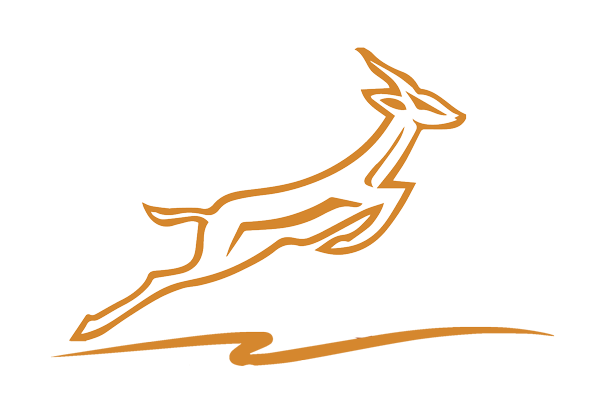DUBAI
People & Culture
it is a fascinating and unique blend of cuisines and customs, ethnicities and religions, the old and the new.
DUBAI
People & Culture
Discover the warm hospitality, rich culinary heritage and proud traditions that make up Dubai’s vibrant culture.
People & Culture
Menu
Typical Emirati clothing
With around 200 nationalities represented in Dubai, how people dress is incredibly varied – yet the traditional attire of the UAE is bold and distinctive. You can see it all across the city.
Emirati national dress is a symbol of pride and identity that has been designed with the dual intent of providing comfort and adhering to religious beliefs. In Dubai, men wear an ankle-length, loose-fitting garment made of white cotton, known as a kandora or dishdasha. A ghutrah covers the head and is held in place by the agal, a type of black cord. This garment was originally used to protect the face from the harsh desert environment
Traditionally, women in Dubai wear an abaya – a long, black flowing light coat over their clothing. This is worn over their Western clothes or a traditional long-sleeved full-length dress known as a jalabeya. A black scarf called a shayla is often draped over the head.
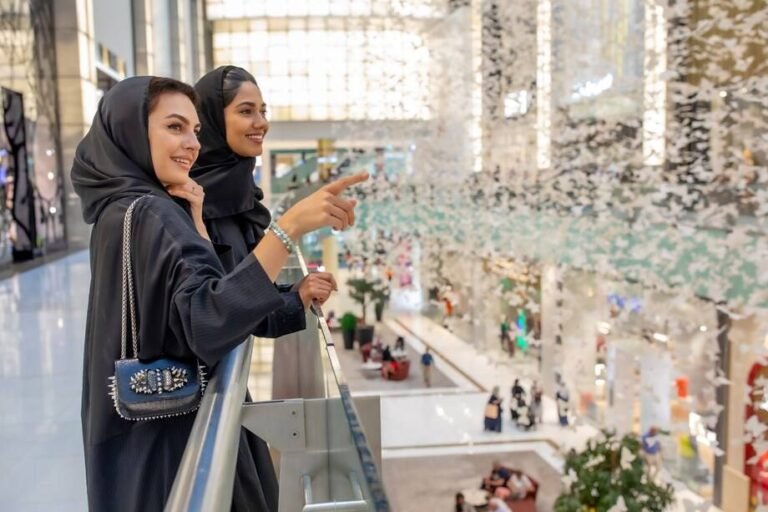
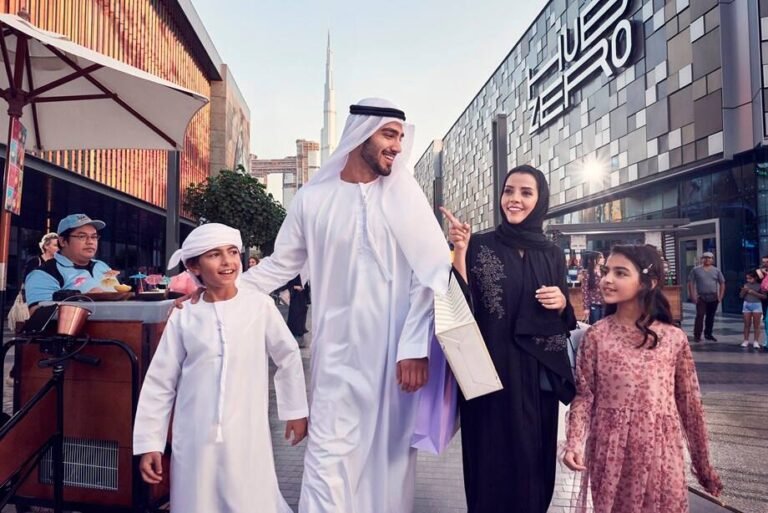
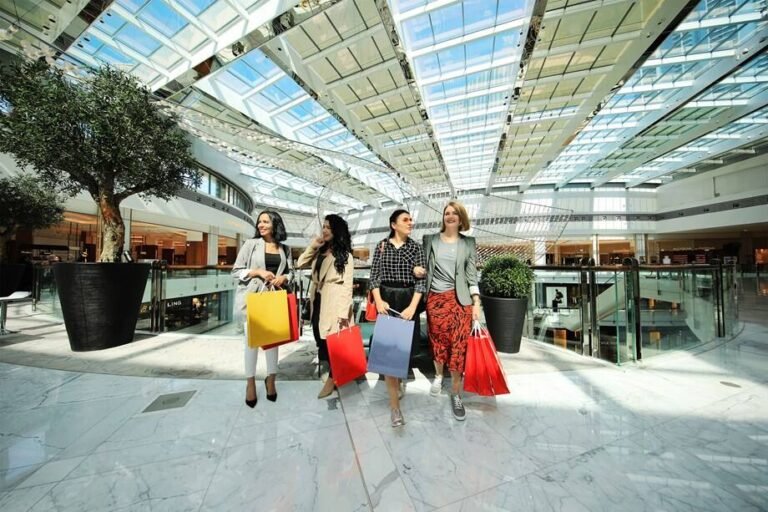
Previous
Next
Typical Emirati food
Do you know your karak from your chebab? Can you tell your lugaimat from your labneh? While Dubai is renowned for incredible dining options, local Emirati cuisine stands apart. Make your way to some of the many Emirati restaurants and sample the delicious dishes on offer. Here are some to get you started.
- Camel: served in a variety of ways – often dished up with rice or made into burgers.
- Dates: delicious, sweet fruit often stuffed with other goodies, such as nuts.
- Fouga deyay: a rice dish with grilled chicken marinated in Emirati spices.
- Gahwa: traditional Arabic coffee, often served from a ‘dallah’ pot.
- Harees: boiled, cracked, or ground wheat, mixed with meat and seasoned.
- Kabsa: basmati rice and meat, infused with saffron and nutmeg and other spices.
- Karak chai: a mixed-spice tea that originated in the Indian subcontinent.
- Luqaimat: sweet and sticky dumplings, drizzled with date syrup.
- Shorbat adas: a delicious, delicately-spiced lentil soup – often a first course.
- Shuwaa: slow cooked lamb, roasted nuts, raisins and rice – also known as ‘ouzi’.
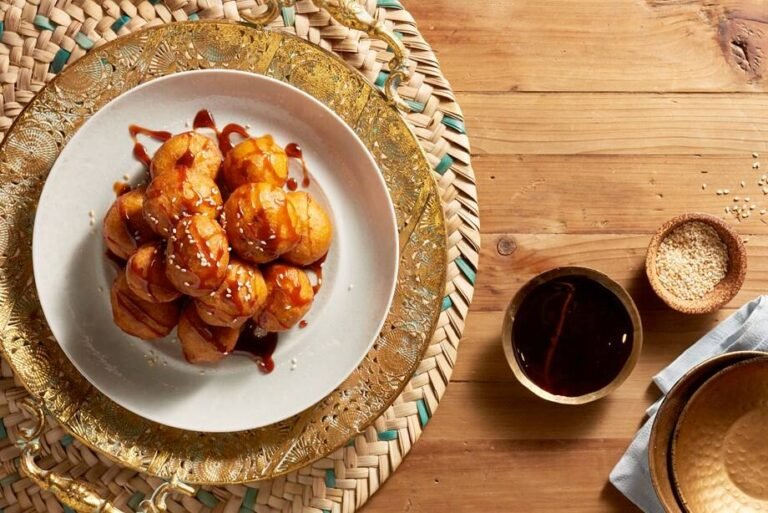
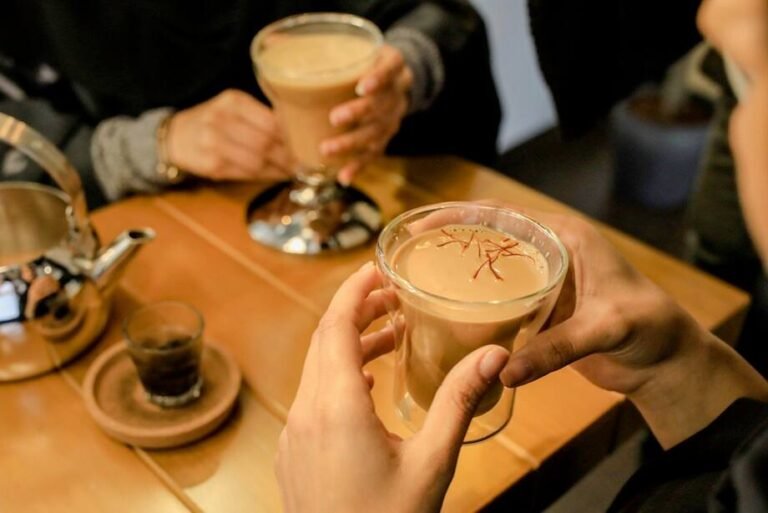
Previous
Next
Hospitality and etiquette
‘Hasan al-diyafa’ (what we know as ‘hospitality’) is an intrinsic part of Bedouin lifestyle that can be traced back to the traditions of life in the desert. Many also consider that religious beliefs and honouring one’s guests go hand in hand – and these customs are very much alive in Dubai today. We explain the basics.
- Marhaba: The Arabic word for welcome, used when entering someone’s home.
- Salaam alaykum: “Peace upon you” – to which you reply “walaykum salaam”.
- Gahwa: Guests will often be served Arabic coffee before a meal. Remember to hand over your empty cup with your right hand.
- Gahwa: traditional Arabic coffee, often served from a ‘dallah’ pot.
- Modesty: Visiting a local home? Consider loose, long clothing that covers your body. You would typically leave your shoes at the door.
- Nose to nose: In the UAE, many Emirati men will touch noses or peck on the cheek when they first meet. Visitors are not expected to follow the tradition.
- The majlis: Many homes have a reception room reserved for special occasions or entertaining guests. It would typically involve low seating and cushions, dating back to life in tents.
- Hands and feet: Men would shake hands with everyone present, but be aware that some ladies may not wish to do so. When you sit, pointing your feet towards someone can be considered offensive.
- Dinner: Evening meals would typically be served on a huge, round platter – be prepared to use your hands!
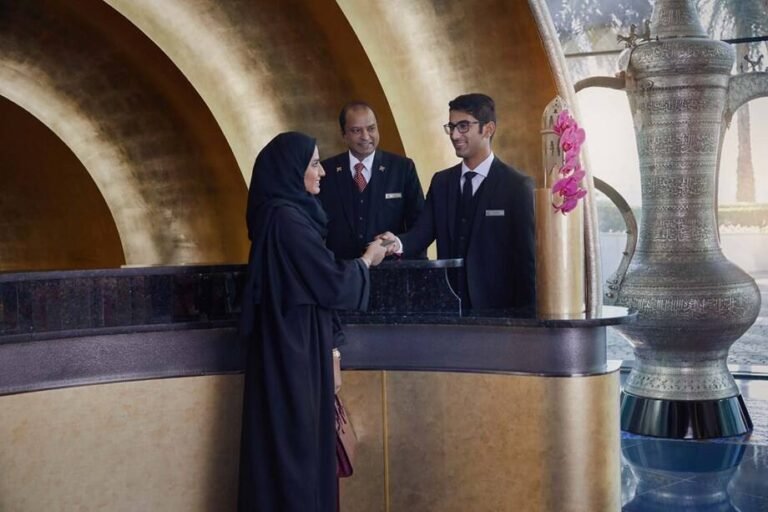
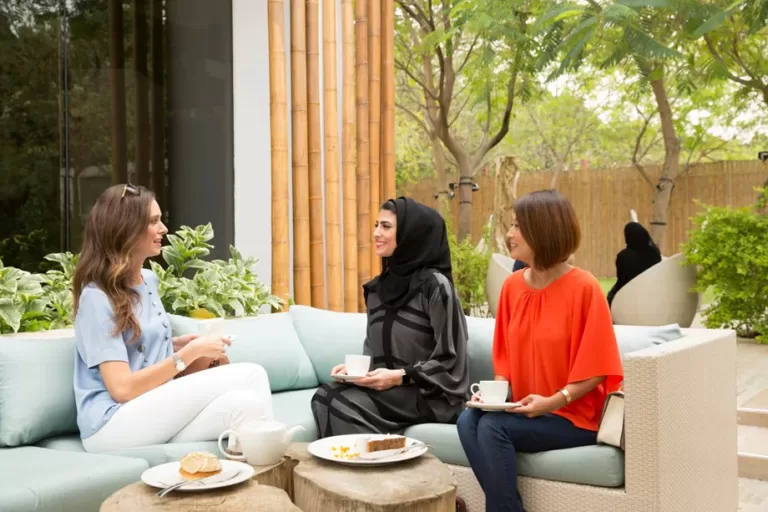
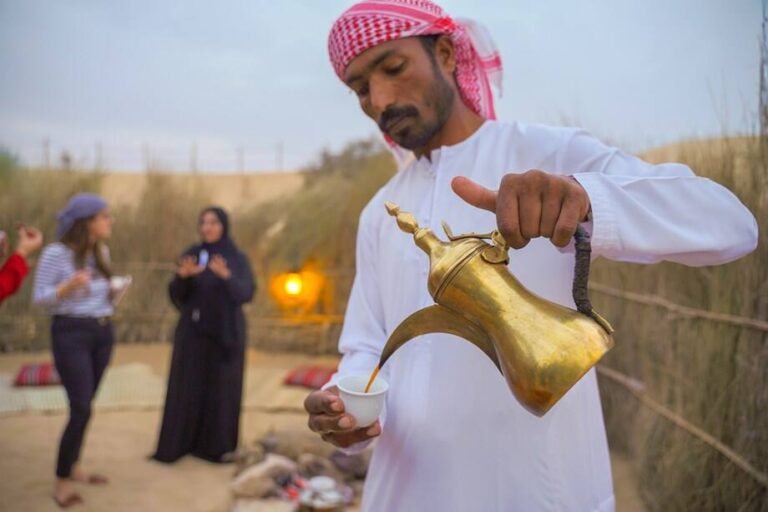
Previous
Next
Traditional arts and handicrafts
Local arts and handicrafts are still commonly practised in Dubai and around the UAE. Many examples can be found among the boutique shops around the Al Fahidi Historical Neighbourhood, with modern, artistic iterations often on show at various galleries within Alserkal Avenue.
Calligraphy: The Arabic alphabet the second most widely used across the globe. This decorative way of writing is known as khatt, which derives from the word for ‘line’, ‘design’, or ‘construction’.
Henna: Originally worn by brides across the region to bring good luck to their marriage, henna body art remains a popular beauty treatment in Dubai to this day.
Perfumery: The Arab world is known for bold fragrances and many modern perfume brands combine traditional base aromas with a multitude of modern notes. Visit Al Shindagha Museum to find out all about the art of perfumery.
Pottery: People have been working with clay since the third millennium BCE. Aside from decorative vases and incense containers, earthen pots remain highly effective for cooling drinking water.
Weaving: Belts, saddles, tents, baskets and more. The traditional weaving technique known as Al Sadu used goat or sheep’s wool or camel hair to craft a range of essential items.
Celebrations and festivities
Dance: Visitors may be lucky to see men lined up in a row, performing Ayyala, holding thin bamboo canes and moving in sync to a percussive rhythm. Other forms of dance include Razfa, which often involves reciting lines of poetry and handling other objects, such as daggers or rifles.
Poetry: Forms of poetry in the UAE have been influenced from both near and far, with many notable poets originating from the Emirates. Many poems are immortalised in a calligraphic style, bringing them to life with striking visuals and Nabati poetry is a key element of Emirati heritage.
Eid: Eid Al Fitr and Eid Al Adha (both often shortened as “Eid”) are important religious holidays in the UAE and for Muslims across the world. During this time there is an emphasis on spending time with family, offering special eid greetings and providing charity to the poor and needy.
Ramadan: The ninth month of the Islamic calendar is a time dedicated to striving for purity and heightened spiritual awareness. For healthy adults, this involves fasting from dawn – following the suhoor meal – till dusk, when people break their fast for an evening meal, known as iftar.
Weddings: It was once a tradition for weddings to be held within a family home, decorated with flags and bunting. Celebrations would continue for around three days and a feast would be prepared. These days, a wedding celebration is likely to be hosted in a banquet hall at a hotel or function venue, with discreet celebrations for male and female guests.
Music: Music has historically been connected with poetry, with traditions such as Al Shila and Al Wana combining music and verse. In terms of modern music, Dubai now has a thriving scene that includes both homegrown artists strumming at local cafés, and international superstars selling out arenas and concert halls across the city.
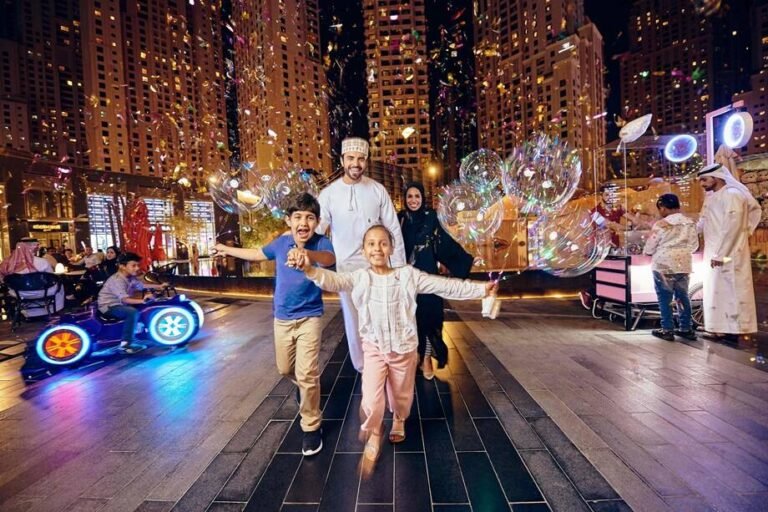
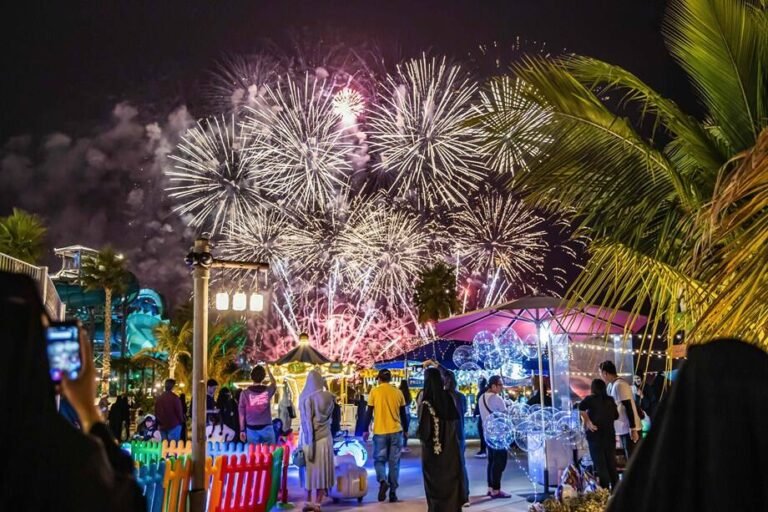
Previous
Next
